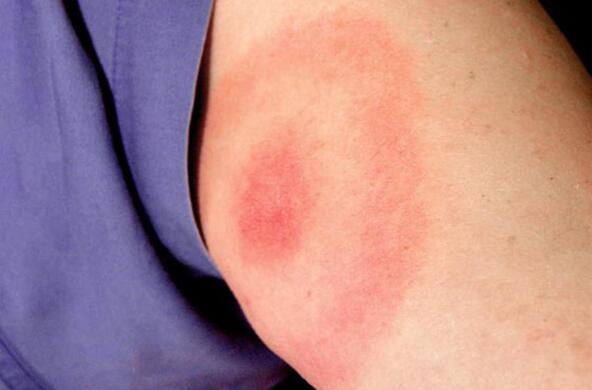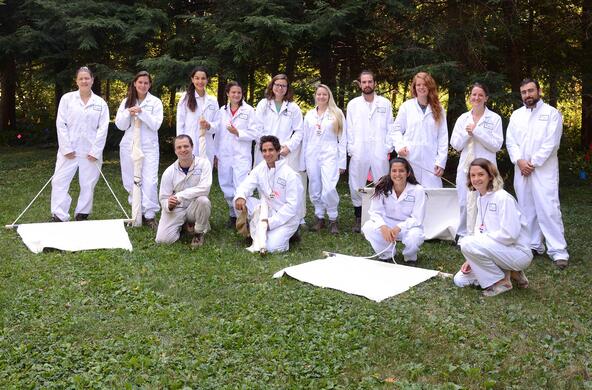When it comes to Lyme disease, being a mouse may be better than being a person.
Fresh off of a study that showed mice don't die any quicker as uninfected ticks pile onto them, the Cary Institute of Ecosystem Studies is launching research that will examine how mice fare after they get Lyme disease.
The results may be surprising.
The Millbrook-based scientific research nonprofit recently received final confirmation of $369,923 in funding from the National Science Foundation toward the study.
Mice and some other small rodents are the most effective sources, or reservoirs, of the pathogen that causes Lyme disease.
These smaller mammals can carry lots of ticks, and ticks that bite infected mice have a higher chance of picking up the disease than they do from other critters.
Meanwhile, the mid-Hudson Valley has some of the highest incidence rates in the nation of Lyme disease and other tick-borne illnesses.
The three-year study will help scientists understand how Lyme affects these scurrying fountainheads, and perhaps provide added clues about how to manage them and the disease.
"This is an important investment to help combat the growing epidemic of Lyme disease," U.S. Sen. Kirsten Gillibrand, D-N.Y., said in a statement. "With the summer season beginning, our families should be able to enjoy nature without the fear of possibly catching this disease."
The scientists will vaccinate half of the infected mice they trap with medicines to remove the virus that causes Lyme disease. The other half will get a placebo.
The two groups will be compared.
Rick Ostfeld, a disease ecologist at the Cary Institute, said preliminary data suggest that mice infected with the Lyme-causing bacteria survive 17 percent longer than uninfected mice do.
"That would be bad news because it would mean that the pathogen increases the lifespan — and duration of transmission — of the main natural reservoir of infection, increasing Lyme disease risk (among humans)," Ostfeld said.
Ostfeld said the preliminary findings were based on correlations.
"And the old adage that correlation does not establish causation is true," he said. "So, we're vaccinating half the mice we trap … to test this experimentally. If the vaccinated mice have a shorter lifespan, then that will establish causation."
If that is the case, the scientists say they will also want to know how something that sickens people, as well as dogs and other animals, would have the opposite effect on mice.
"We'll be closely monitoring any changes in mouse behavior to ask how infection affects their encounter rates with ticks," Ostfeld said.
The scientists already know that mice don't seem to be bothered as more and more ticks pile onto them.
In a study that appeared in the April edition of the scientific journal Ecology, scientists found that ticks don't seem to adversely impact on the health or lifespan of mice.
Indeed, male mice seemed to lead longer lives as the bandwagon got more crowded.
But that study examined the effect of larval ticks, the youngest, smallest and most abundant.
Because ticks are not born with Lyme disease, larval ticks do not carry the Lyme pathogen when they take their first blood meal.
Now, scientists will look at the disease's impact.







